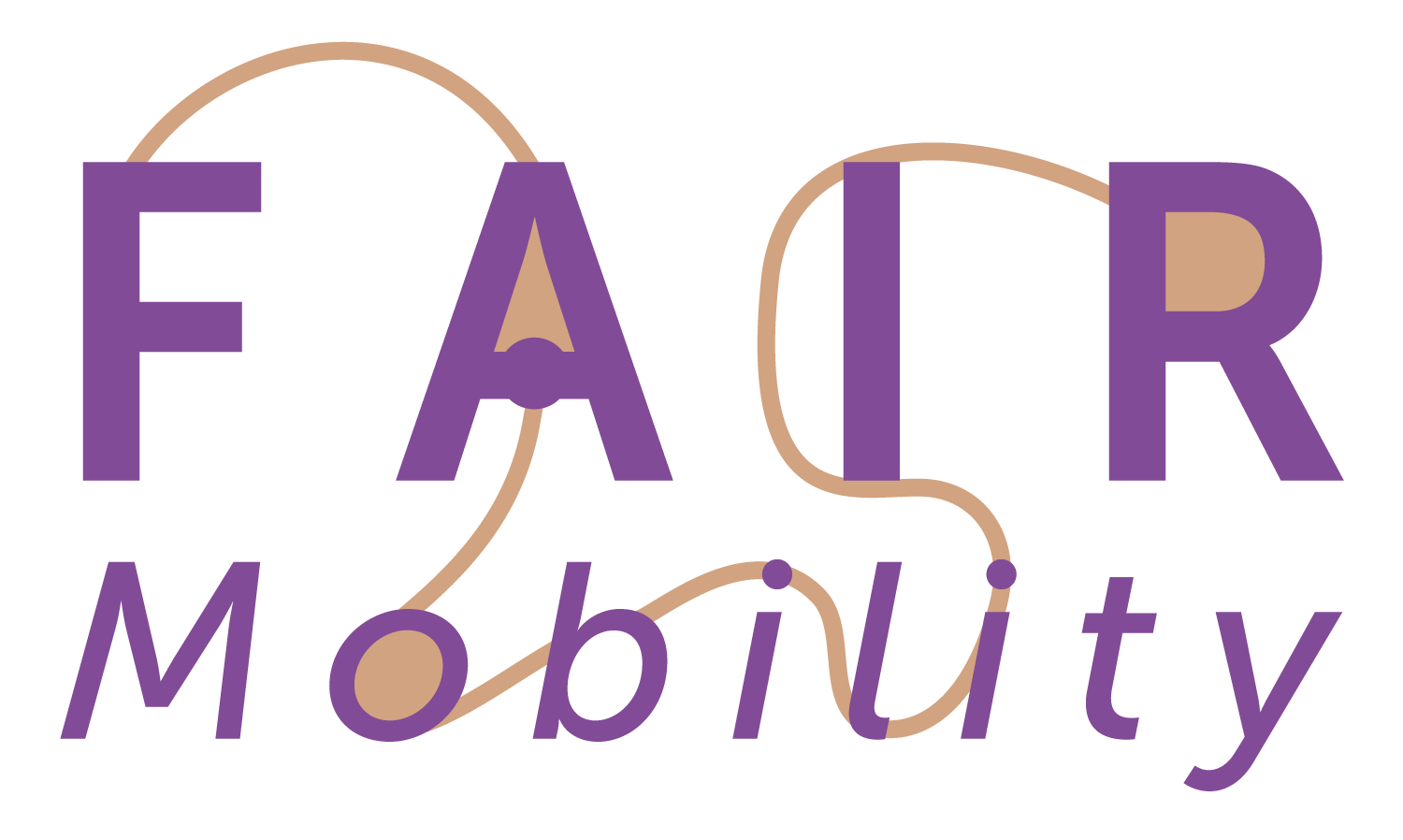Interventa Hallstatt 2024 dialogue on sustainable rural transport with Fair Mobility
Interventa Hallstatt 2024, a transdisciplinary symposium exploring tradition and innovation in rural building culture, provided a platform for engaging discussions on the future of sustainable mobility. The event, hosted at HTBLA Hallstatt from September 19-22, 2024, formed part of the Bad Ischl Salzkammergut 2024 European Capital of Culture programme. The Day 4 of the symposium, dedicated to the theme of “Mobility and future speculations,” featured a session showcasing the Fair Mobility project, highlighting its community-driven approach to creating a more equitable and sustainable transportation system in rural areas.

Setting the stage: exploring the complexities of Rural Mobility
The day began with insightful presentations that set the context for understanding the challenges and opportunities facing rural communities in their transition towards sustainable mobility. Lola Meyer, partner at the interdisciplinary collective urbikon and managing director of Europan Deutschland, opened the session with a presentation titled “Monofunctional Transport Infrastructures or Rural Building Culture?”. Meyer’s research, conducted in collaboration with the University of Kassel, focused on Trendelburg, a municipality in northern Hessen, Germany. She highlighted the prevalence of car-centric infrastructure in rural areas, despite the fact that a significant portion of journeys are short distances that could be easily covered by walking or cycling.
Following Meyer’s presentation, Georg List, responsible for corporate strategy at AVL List GmbH, provided a perspective on the technological advancements shaping future mobility solutions. List discussed the potential of autonomous driving, electrification, and shared mobility to address transportation needs, particularly in rural contexts. He also cautioned against assuming a simple transferability of solutions developed for urban environments, emphasizing the need to consider the specific characteristics and challenges of rural areas.
A Spotlight on Fair Mobility: A community-driven approach
Bahanur Nasya, leader at Placemaking Europe and manager of the Wonderland platform for european architecture, presented the Fair Mobility project. The session, moderated by Ines Mitterer, included a dialogue with experts Georg List, Lola Meyer, and Ton Matton. Nasya’s presentation focused on the project’s work in Ebensee, Austria, where it seeks to address the gap between conventional mobility planning and the lived experiences of rural residents, especially women and gender minorities.
Key insights from the Fair Mobility Project
● Understanding the need for mobility: Single rides per direction is the basis for planing transportation, like for full time employed, but in reality a very big portion of the population is multi-ride-mobile and part time employed.
● Reframing mobility: Fair Mobility challenges the traditional focus on commuting as the primary mode of transportation, advocating for a more inclusive understanding of mobility that encompasses the diverse range of journeys essential for daily life in rural communities.
● Gender and mobility: The project highlights the disproportionate impact of car-centric infrastructure on women, who often shoulder the responsibility for additional trips related to childcare, elderly care, healthcare, shopping, and social caregiving.
● Safety and accessibility: Fair Mobility recognises the significant safety concerns and accessibility barriers that prevent many rural residents, particularly women and children, from choosing walking, cycling, or public transport.
● Community engagement: The project places a strong emphasis on collaborating with residents, actively listening to their concerns, and co-creating solutions that address their specific needs and priorities.
● Building trust and shifting mindsets: Fair Mobility aims to foster trust in alternative transportation options by demonstrating their feasibility, safety, and convenience, ultimately encouraging a shift away from car dependency.

Continuing the conversation: A collaborative path forward
The Fair Mobility approach sparked a lively discussion, highlighting the need for a multifaceted approach to creating sustainable and equitable transportation systems in rural areas. Key points of exchange included:
● Challenging the cultural significance and status associated with car ownership.
● Developing incentives and benefits that make shared mobility options genuinely appealing.
● Investing in public transport infrastructure that is safe, reliable, and responsive to the needs of rural communities.
● Continuing to engage and collaborate with local communities to ensure that mobility solutions are tailored to their specific contexts and lived experiences.
